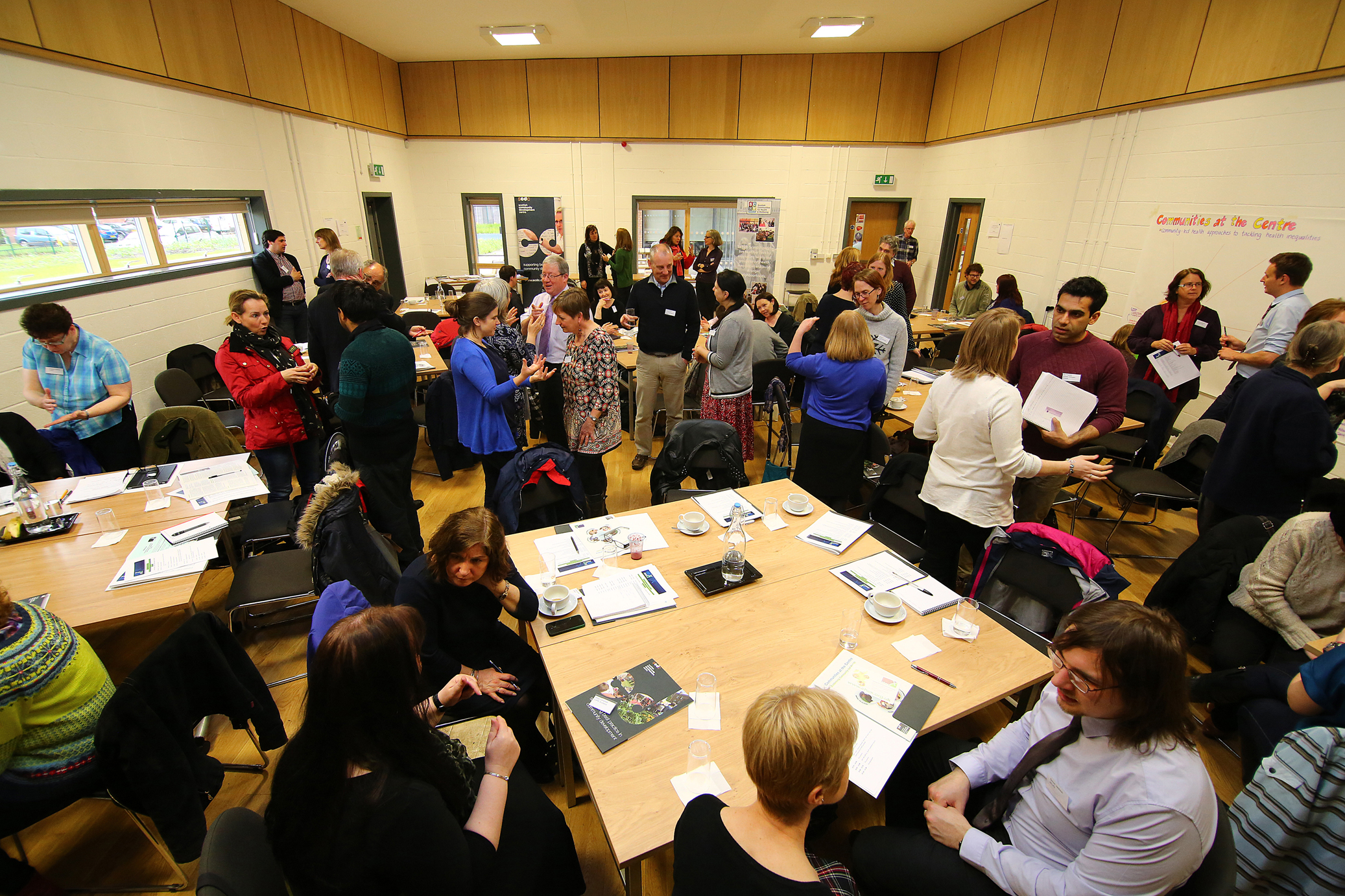20-minute neighbourhoods
/A summary of SCDC’s submission to the Scottish Government’s consultation on local living and 20-minute neighbourhoods
The Scottish Government has stated it will apply the concept of 20-minute neighbourhoods to planning in Scotland. If you lived in a 20-minute neighbourhood you would be able meet all your day-to-day needs without having to travel more than 20 minutes by foot, bike or public transport. Other similar terms being used include ‘15-minute cities’ and ‘walkable neighbourhoods’.
In July 2023, SCDC submitted a response to the Scottish Government’s consultation on planning guidance it is developing in relation to 20-minute neighbourhoods and local living.
Here are the key points of our response:
We broadly support the notion of 20-minute neighbourhoods as a way to plan services and communities. The guidance should be useful in helping anyone involved in planning follow this approach but there are a range of improvements which could be made to ensure this.
Three of the four areas which the guidance 20 minute neighbourhoods are identified as supporting are priorities we share, as they clearly relate to desirable outcomes. Sustainable environment, reducing health inequalities and improving quality of life are all priorities we fully support.
We would prefer that ‘local economies’ is more clearly defined before it is to be included in this list. Ideally, a local economy should share the features of a wellbeing economy, putting positive outcomes such as wellbeing, human dignity, the environment and participation at its core.
Participation is key to any place-based approach, including 20 minute neighbourhoods, and should be given more emphasis throughout the guidance. By working with communities and supporting them to take part in informed ways from an early stage, decisions and outcomes can be improved.
The guidance needs to be clear on how marginalised and disadvantaged communities should be empowered and have more control over what happens in, and to, their communities. This requires more emphasis on the meaningful and early participation of communities. (including reference to The National Standards for Community Engagement) and community capacity building support.
Despite some welcome references to challenges faced by rural and other communities in the guidance, we would like to see the guidance better explain the flexibility contained within the 20 minute neighbourhood approach, including a wider range of case studies.
Wider policy ambitions are required in order to achieve the goals of 20-minute neighbourhoods. This includes greater investment in high-quality services which are affordable, reliable, accessible and relevant. In turn, this requires national, as well as local, conversations about our health and wellbeing, environmental sustainability, inequality, and tax and spending on public services, using citizens assemblies and other deliberative and democratic approaches.
More information
Visit the original consultation page on the Scottish Government’s website
Find out more about 20-minute neighbourhoods and similar approaches to planning on the local services and planning section of Communities Channel Scotland.
The National Standards for Community Engagement are a set of seven good-practice principles designed to improve and guide the process of community engagement.





















